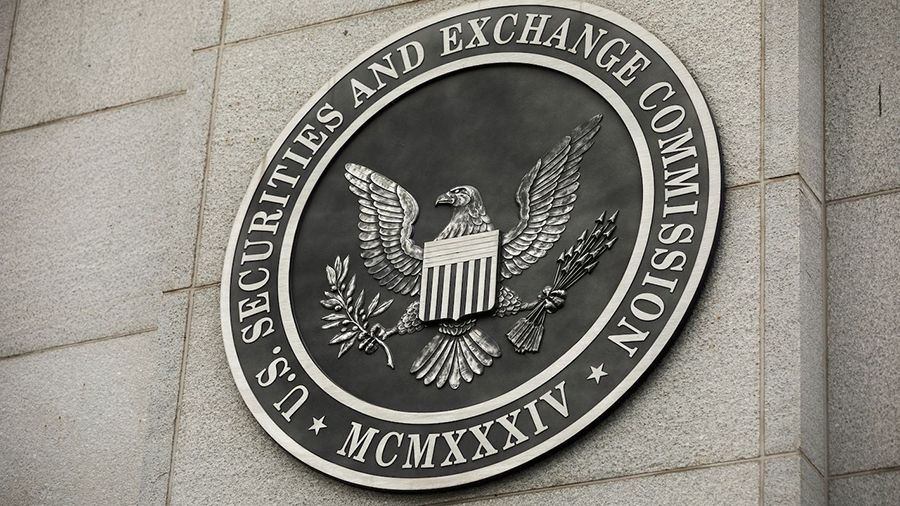The New York prosecutor’s office and the SEC are accusing the creators of the automated application for investing in cryptocurrency Coinseed of defrauding investors and violating securities laws.
According to a statement from New York Attorney General Letitia James, the creators of the Coinseed app lured $ 1 million from investors through hidden fees, false claims and the issuance of a CSD token, which actually “had no functionality” in the company’s mobile app.
The prosecutor’s office has filed a lawsuit against both the firm itself and two of its leaders – CEO Delgerdalai Davaasambu and CFO Sukhbat Lkhagvadorj. According to the lawsuit, Lhagwadorge “posed as a former Wall Street trader, even though he never actually traded in securities or commodities.”
The charges are centered around the ICO Coinseed, which took place in December 2017. The company allegedly raised over $ 100,000 through the sale of 200,000 CSD tokens. The New York prosecutor claims the tokens “had no functionality” and were not required to use the trading platform or manage the account. ”
In addition, according to the allegations, Coinseed supported cryptocurrency trading without registering as a broker-dealer. The statement says:
“Attorney James is committed to preventing Coinseed and the two defendants from further acting as unregistered broker-dealers through its mobile app, and is also demanding that the company return money invested in Coinseed’s worthless crypto asset, the CSD token, to investors.”
The US Securities and Exchange Commission (SEC) has filed a similar lawsuit against the company. According to filings in court, Coinseed has repeatedly violated the Martin Act, an anti-fraud law in New York City. In addition, the company “illegally sold unregistered securities in the form of a digital token, while distorting information about its management team.”
US regulators have sued companies for violating securities laws on several occasions. One of the most notorious cases was the SEC case against Telegram – in October 2019, the Commission accused the company of an unregistered token sale. Last summer, Telegram agreed to pay $ 18.5 million to settle a lawsuit with the SEC and returned $ 1.22 billion to investors.
In addition, in December 2020, the SEC filed a lawsuit against Ripple, accusing it of selling unregistered securities in the amount of $ 1.3 billion. Recently it became known that the regulator and the company will not be able to settle the current proceedings out of court due to changes in the SEC leadership.







